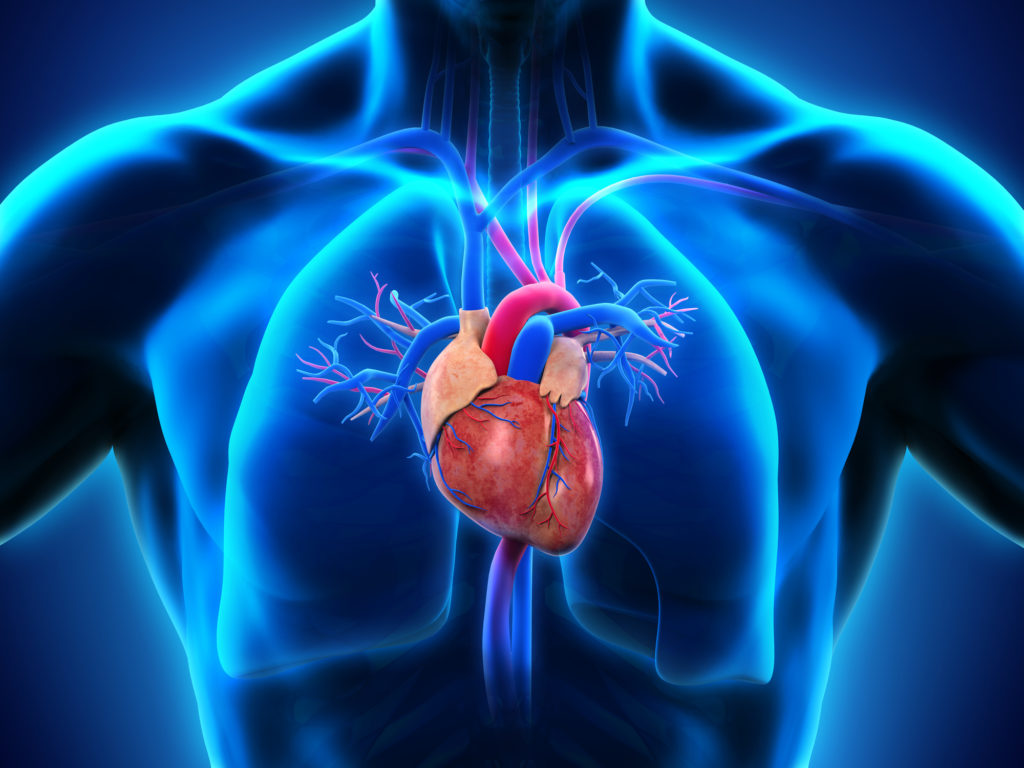
“CARDIO-RESPIRATORY FITNESS means your heart, lungs and circulatory system are healthy and can sustain activity for prolonged periods.” – Peggy Breeze
The term cardio-respiratory refers to the combination of the body’s cardiovascular system, consisting of the heart and blood vessels, and respiratory system, comprised of the lungs and airways. Together, these systems are responsible for carrying oxygen to muscles and organs throughout the body, and removing waste products such as carbon dioxide and lactic acid. Because of the critical role these networks play in the function of the body, it is important to keep them in good shape.
Cardio-respiratory exercise is essential for strengthening the heart, which is the body’s most important muscle. The heart pumps blood through the body. For it to work efficiently it needs to be strong and the best way to make it stronger is to increase physical activity.
Aerobic Exercise and Cardiovascular Fitness
Increasing physical activity causes your heart rate to go up past its normal levels. Forcing the heart to work harder causes you to breathe faster and more deeply, maximizing the amount of oxygen in your blood. As your heart beats faster, blood flow to your muscles and lungs increases, more oxygen is delivered to your muscles, energy in the muscles create contractions, which then for the most part, moves bones. After the muscle relaxes, carbon dioxide and other wastes leave the cell and are removed from the body.
The net effect of elevating your heart rate through cardio exercise is a heart that is more efficient at pumping blood and oxygen to the body, and a body that is more efficient at using that oxygen. Improved cardiovascular fitness results in the ability to move faster and increase endurance (as muscles don’t tire as easily), and greater energy.
Benefits of Cardiovascular Exercise

A healthier cardio-respiratory system is reason enough to incorporate aerobic exercise into your life, but its benefits go beyond a stronger heart and lungs. A regular cardiovascular workout also:
- Aids in weight loss and weight maintenance by helping you burn more calories. When combined with a healthy diet and strength training, cardio-respiratory exercise helps you lose weight and keep the pounds off.
- Activates the immune system, leaving you less susceptible to minor viral infections, such as colds and flu.
- Reduces the risk of developing conditions such as obesity, heart disease, high blood pressure, type 2 diabetes, stroke and certain types of cancer.
- Helps to manage chronic conditions by lowering high blood pressure and controlling blood sugar. It can also help people who have had a heart attack prevent additional ones.
- Boosts high-density lipoprotein (HDL or “good”) cholesterol and lowers low-density lipoprotein (LDL or “bad”) cholesterol, causing less plaque to buildup in your arteries.
- Improves mood by easing depression, reducing tension and anxiety, and promoting relaxation.
- Maintains mobility and mental sharpness as you age. Keeping muscles strong helps you stay independent.
An aerobic workout done three days a week for 30 minutes or more can also reduce cognitive decline. Before beginning any workout program talk to your physician to determine if you are healthy enough for exercise.
If you are wanting to begin a fitness program, or revamp the one you have now, you can contact me at peggybreeze@gmail.com and schedule an appointment either online, over the phone or in person.
Thanks for reading and please share this message with your friends.
Until next time,
Peggy
